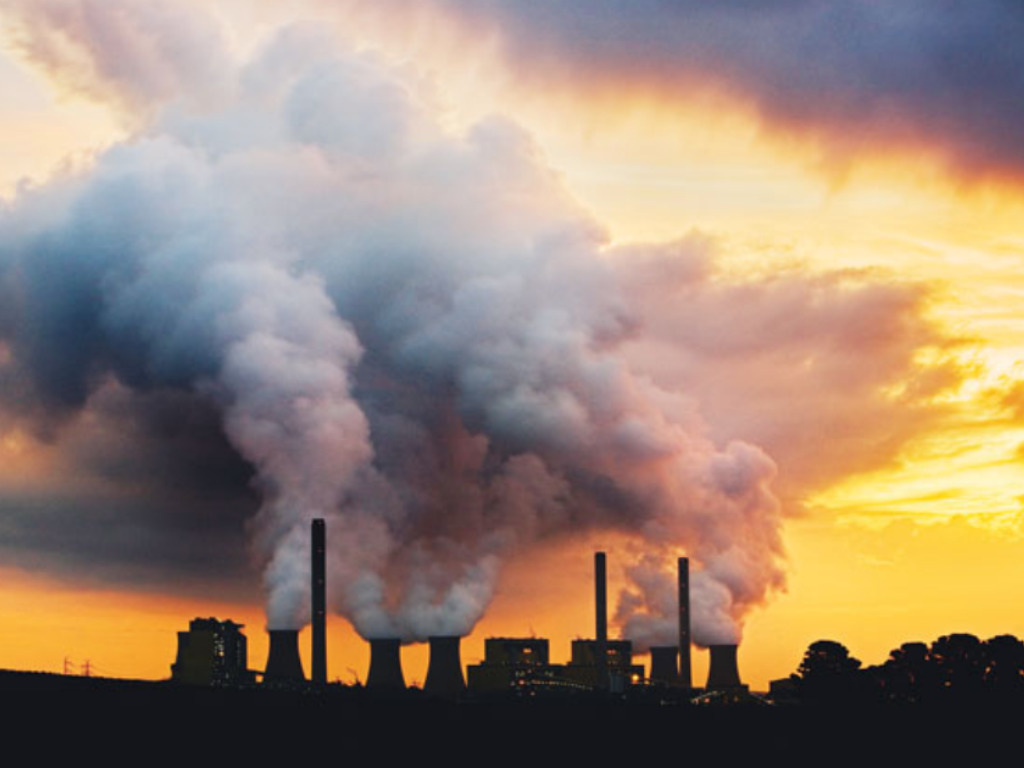4 Mins Read
According to a report by a coalition of NGOs, after the Paris climate deal in 2015, the world’s biggest banks have continued to fund the fossil fuel industry, with a total of US$3.8tn in funding awarded to date.
Irrespective of the pandemic and the upward trend in clean energy, a new report highlights the staggering amount of funding that fossil fuel companies have received from the world’s biggest 60 banks.
Produced by six NGOs, the report is endorsed by over 300 organizations from 50 countries and has used Bloomberg data to inspect both direct loans by banks to fossil fuel companies as well as investor funding that the banks arrange via bond and debt sales.
The report’s authors shared that continuing to fund those that are contributing to climate change is the “exact opposite” of what we need to do if we want to reach the stated Paris agreement goals of keeping overall global heating under 2C.
While U.S. and Canadian banks made up only 13 of the 60 banks whose numbers were scrutinised in the report, these 13 financial institutions are responsible for more than half of the fossil fuel financing over the past five years, with JPMorgan Chase topping this list. Among British banks, Barclays led the list and France’s BNP Paribas gave the most financing as compared to other E.U. banks.
Report author Alison Kirsch, who is part of the Rainforest Action Network, said that the report makes it clear that over the past five years, the financial industry is going in the opposite direction of what we need to be doing, and will be a major obstruction towards meeting the Paris goals. “None of these 60 banks have made, without loopholes, a plan to exit fossil fuels. We have seen progress in restricting financing for special places like the Arctic or greenhouse-gas-intensive forms of oil, like tar sands, but these are such small pieces of the pie.”
The report also mentioned that in the 2020 data, though BNP Paribas regularly advertises its sustainably commitments, it was the fourth-worst fossil fuel bank last year with US$41bn provided to the industry so far, the largest amount in the last five years.
A spokesperson for BNP Paribas said that the report has ranked the bank second for its limitations on financing coal, fracking and tar sands. “During the Covid-19 crisis, all sectors of the economy needed support and BNP Paribas, like other banks, played an important stabilising role for the economy. However, BNP Paribas supported the oil and gas sector to a lower extent than other sectors of activity.”
None of these 60 banks have made, without loopholes, a plan to exit fossil fuels. We have seen progress in restricting financing for special places like the Arctic or greenhouse-gas-intensive forms of oil, like tar sands, but these are such small pieces of the pie
Alison Kirsch, a member of Rainforest Action Network and an author of the report,
The report did underline that the overall financing of the sector had dropped by 9% last year, however, funds for 100 fossil companies that plan to expand increased by 10%, with Citibank topping the list.
Another worrying conclusion made was that 17 out of the 60 banks made a promise to be net-zero but the report said that these commitments are “dangerously weak, half-baked, or vague”.
Johan Frijns, at BankTrack, part of the coalition behind the report, said: “One bank after another is making solemn promises to become ‘net zero by 2050’. But there exists no pathway towards this laudable goal that does not require dealing with bank finance for the fossil fuel industry right here and now.”
The cost of carbon in terms of extreme weather events, lost lives and livelihoods will be borne by society and sadly not the banks, nor the fossil fuel companies. Next time the banks come looking to taxpayers for a bailout, they shouldn’t be surprised to find backs are turned
Mark Campanale, a member of Carbon Tracker
Though JPMorgan Chase tops the list when it comes to financing fossil fuels, the bank had set up a “Paris-aligned financing strategy” in which it committed to set intermediate emission targets for 2030 for its financing portfolio in October of last year.
Mark Campanale of financial think tank Carbon Tracker said of the report: “The cost of carbon in terms of extreme weather events, lost lives and livelihoods will be borne by society and sadly not the banks, nor the fossil fuel companies. Next time the banks come looking to taxpayers for a bailout, they shouldn’t be surprised to find backs are turned.”
The authors urged all campaigners and activist shareholders to call on these banks pushing for policy changes and government action.
Lead image courtesy of John W Banagan/Getty images.




